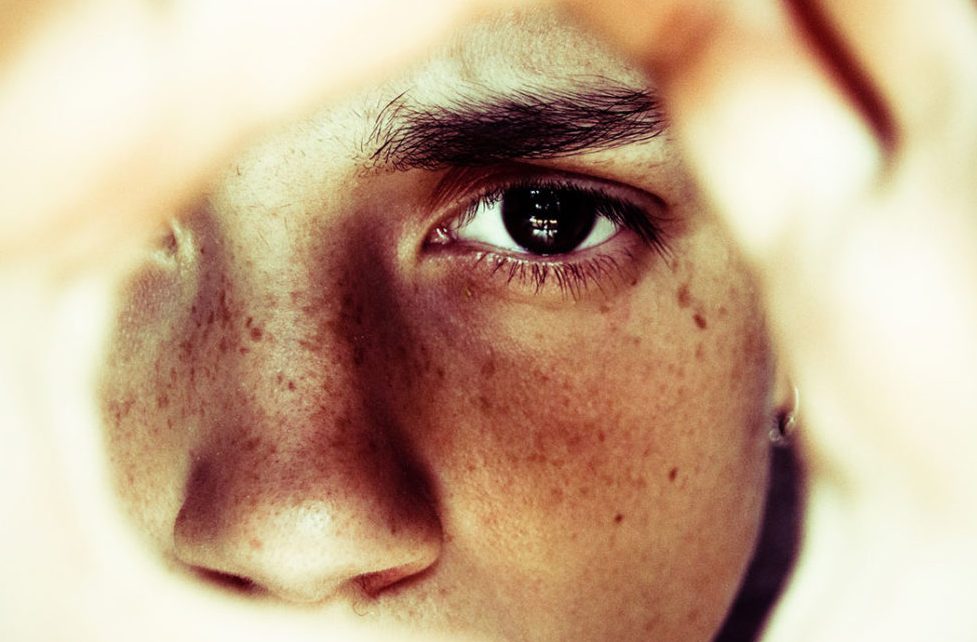Depression is one of the most common mental disorders. It can manifest as deep sadness, which affects the body, thoughts and emotions.
All that brought pleasure and satisfaction in the past is now a distant memory. Now, what used to be a symbol of purpose and meaning is nothing.
The sufferer’s universe narrows and the person with it has less joy, creativity motivation, vitality, confidence or a lust for life. Children, adolescents, and adults can all experience this loss of joy. The causes can be complicated.
Scientific advancement brings us closer towards understanding the causes of depression and implicitly closer to finding solutions. Fortunately, depression is treatable, but successful healing depends on a bio-psycho-social/relational approach. A depressive episode can cause a change in the chemical composition of our brains, which is associated with a decrease or increase in dopamine and serotonin levels.
Although medication can provide some results, it is not sufficient. Our thoughts, behaviors, and emotions can also influence brain chemistry. Psychotherapy is a good option.
The correct psychotherapeutic process will reveal the root causes of the symptoms, and most importantly, the resources. The goal of psychotherapy is to reduce the suffering period. This is a huge benefit, considering that some depressive symptoms can last up to five years.
Our psyche is constantly in a state of adjustment. Life is a long, difficult process of adaptation. The frustration and suffering that comes with a lifeless one, as well as the loss of satisfaction, can help us understand what is missing, and lead to struggle for meaning.
Psychotherapeutic approaches can help you understand, accept and manifest your suffering. Tolerance is a key component of living a full life.
The depressive mood can be exacerbated by isolation and the abandonment of daily life. Therefore, the therapeutic approach seeks to identify the aspects that are within the patient’s control.
It is possible to make a positive difference by eating healthy, exercising, and keeping your body clean. Although it might seem difficult at first, you will see positive changes as you increase your frequency.
Depression is silent, but it is evident. Empathy, trust, and acceptance are the keys to a therapeutic relationship that allows patients to talk freely and promotes healing.

Suicide is the biggest danger for someone who is suffering from depression. Suicide attempts can have devastating consequences for one’s self and others around you. It can be difficult to know where to start, from suicidal thoughts to making a plan and putting it into action.
Psychotherapy can help prevent these events by identifying emotional regulation mechanism. A creative activity could help subliminate anger directed at yourself.
Depression is often associated with anxiety, addictions, and other psychological issues. This makes it more difficult, but there are also solutions.
We don’t have to be ashamed of our depression. It is normal to experience more difficult times in life, even if it seems like everything is over. However, we can then accept that our psyche was able to get through that time.
The more we wait, the more severe the symptoms can become. We should pay more attention to prevention. It is important to reflect on what causes joy and sorrow, what affects our relationships with our families, friends, and the world, and to find ways to live with vitality and love.
The emotional well-being of its citizens is something that no society should overlook. Access to information, education and support programs are all possible ways to make a difference. It’s much more costly to treat than it is to prevent.




























